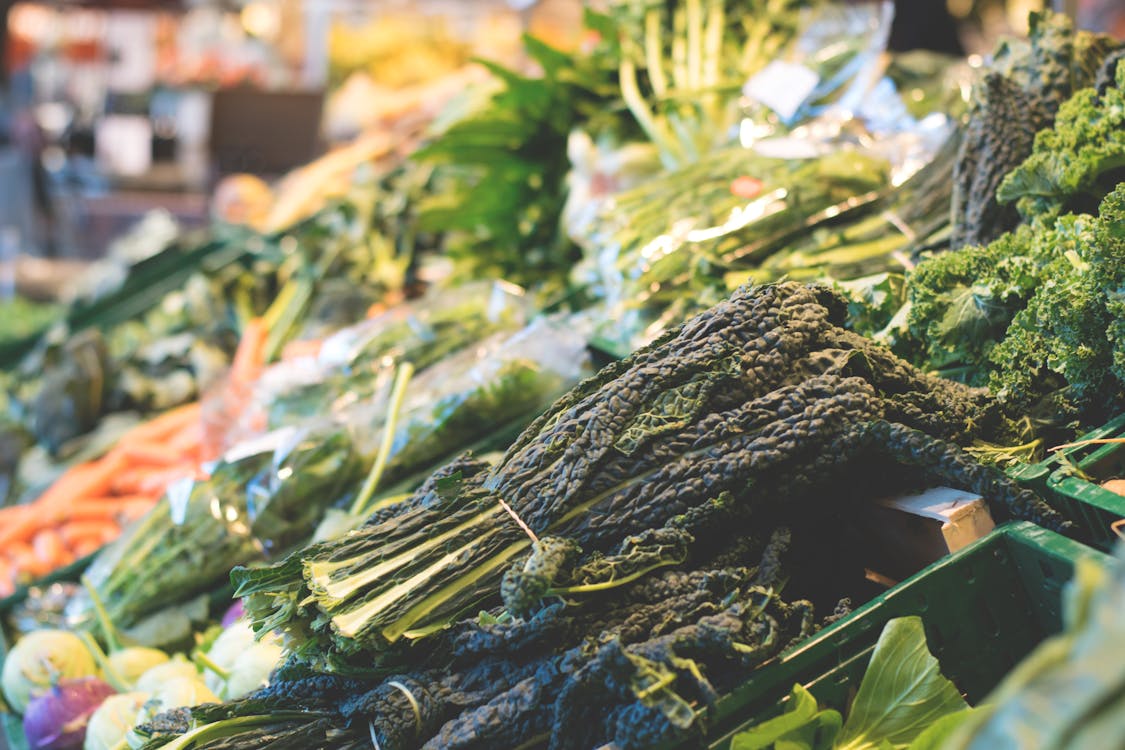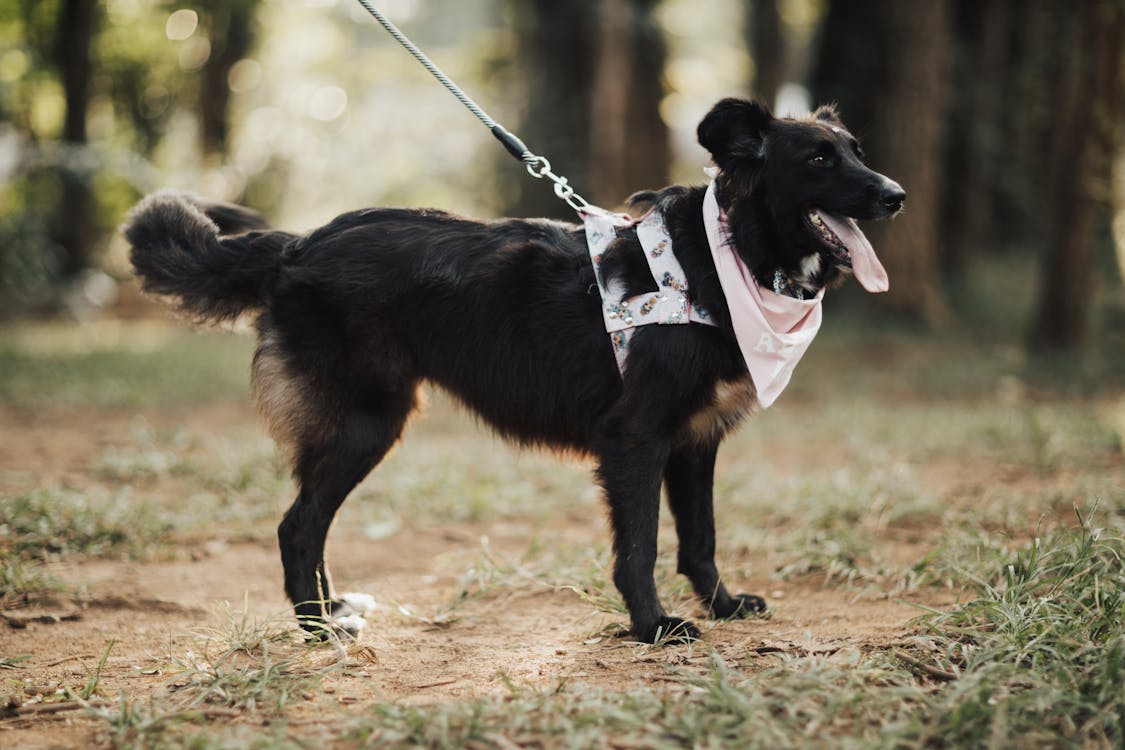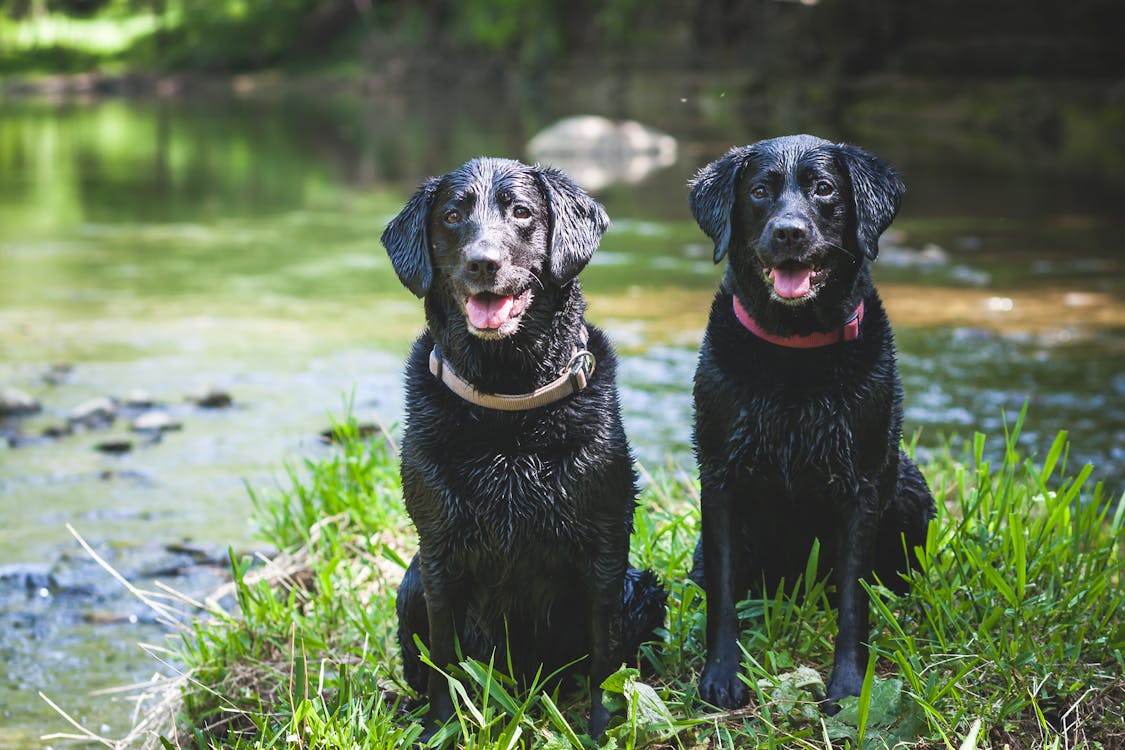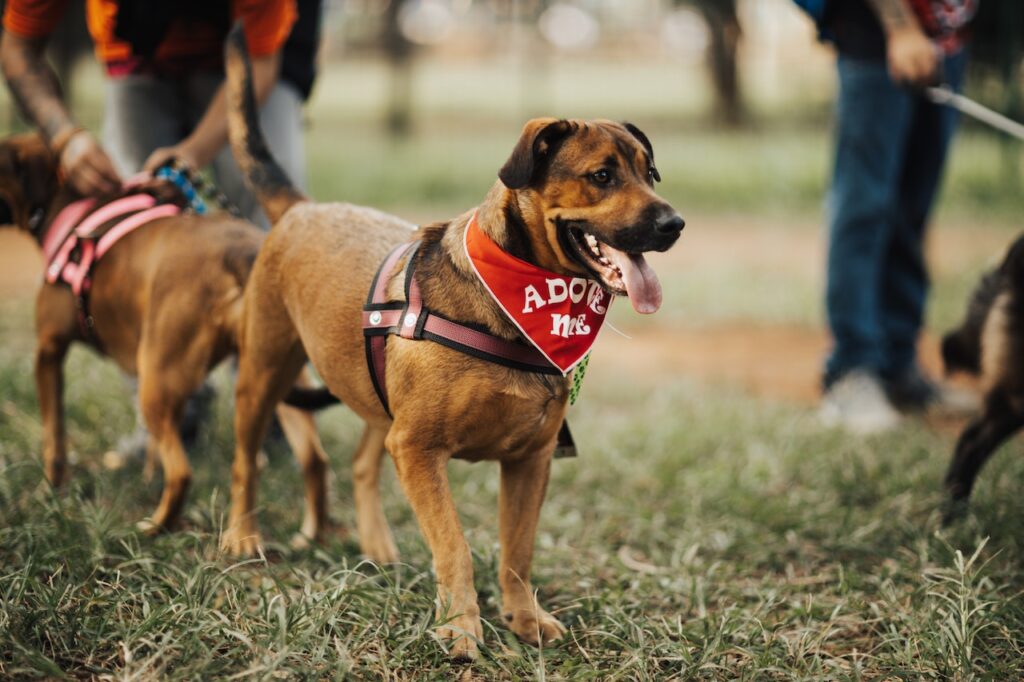The debate surrounding the raw food diet for dogs has been a hot topic among pet owners, veterinarians, and animal nutrition experts. Proponents of this feeding approach claim that it mimics the diet of dogs’ wild ancestors and offers numerous health benefits. However, critics argue that it can pose risks to both dogs and their human companions. With passionate opinions on both sides, it’s essential for pet owners to thoroughly understand the pros and cons of the raw food diet before making an informed decision for their beloved canine companions. In this article, we will delve into the world of raw food diets for dogs, exploring the potential advantages, the possible risks, and the considerations pet owners should weigh when deciding if this controversial feeding approach is right for their pets.
What is a Raw Food Diet for Dogs?

A raw food diet for dogs, often referred to as a raw diet or BARF diet (Biologically Appropriate Raw Food), is based on the concept that dogs are biologically designed to eat a diet that closely resembles that of their wolf ancestors. Advocates of the raw food diet believe that dogs’ digestive systems are better adapted to processing raw meat, bones, fruits, vegetables, and other uncooked ingredients, rather than commercial dog foods that are often heavily processed.
A typical raw food diet for dogs may include:
- Raw Meat: Such as beef, chicken, lamb, turkey, or fish.
- Raw Bones: To provide a natural source of calcium and promote dental health.
- Raw Organ Meats: Such as liver, kidney, and heart, which offer essential nutrients.
- Fruits and Vegetables: To provide vitamins, minerals, and antioxidants.
Proponents of the raw food diet argue that this approach can lead to numerous health benefits, including improved coat health, dental hygiene, digestion, energy levels, and a reduction in allergy symptoms.
The Pros of the Raw Food Diet for Dogs

Natural Nutritional Profile:
Raw food diets are often considered more biologically appropriate for dogs, as they closely mimic the diet of their wild ancestors. Raw meats and organs provide essential nutrients, including amino acids, fatty acids, and minerals, in their natural form, which proponents argue is more beneficial for overall health.
Improved Dental Health:
Feeding dogs raw bones can contribute to dental health by helping to scrape away plaque and tartar from their teeth. The natural chewing action can promote healthier gums and reduce the risk of dental issues.
Shinier Coat and Skin Health:

Supporters of the raw food diet claim that dogs fed raw diets have shinier coats and healthier skin. This improvement is attributed to the omega-3 and omega-6 fatty acids found in raw meats and fish, which play a crucial role in maintaining skin health and coat luster.
Enhanced Digestion:
Some dogs may experience improved digestion and firmer stools on a raw food diet. The natural enzymes present in raw foods are believed to aid in the digestive process and promote gastrointestinal health.
Decreased Allergies and Food Sensitivities:

Advocates assert that eliminating processed ingredients and potential allergens from commercial dog food can reduce the occurrence of allergies and food sensitivities in some dogs.
Customization for Individual Dogs:
With a raw food diet, pet owners have the flexibility to customize their dog’s meals based on their specific nutritional needs, preferences, and sensitivities. This individualized approach can be particularly beneficial for dogs with certain health conditions or dietary restrictions.
The Cons and Potential Risks of the Raw Food Diet for Dogs

Risk of Bacterial Contamination:
Feeding raw meat to dogs poses a risk of bacterial contamination, such as Salmonella or E. coli. While dogs may have a higher tolerance for these bacteria than humans, there is still a potential risk of transmission to humans through handling the raw food or through contact with a dog’s saliva.
Nutritional Imbalances:
Formulating a nutritionally complete and balanced raw diet requires careful consideration and planning. Without proper knowledge of canine nutrition, there is a risk of nutritional imbalances and deficiencies, which can lead to serious health issues over time.
Potential for Choking and Dental Injuries:

Feeding raw bones can be hazardous, as some types of bones can splinter and cause choking or internal injuries if ingested. It is crucial to select appropriate bone types and monitor the dog while they chew to reduce the risk of accidents.
Cost and Time-Consuming:
A raw food diet can be more expensive and time-consuming to prepare than commercial dog food. Sourcing high-quality, human-grade ingredients and ensuring proper storage and handling can add to the overall cost and effort.
Zoonotic Disease Transmission:

Raw meat and bones can potentially carry zoonotic diseases, which are illnesses that can be transmitted from animals to humans. This is another reason why careful food handling and hygiene practices are essential when feeding a raw food diet.
Lack of Scientific Evidence:
While anecdotal evidence supports some of the purported benefits of raw food diets, there is limited scientific research to validate these claims. The long-term effects and risks of raw food diets have not been extensively studied, which leaves some uncertainties about its overall safety and efficacy.
Considerations for Pet Owners

Before transitioning a dog to a raw food diet, pet owners should consider the following factors:
Consult with a Veterinarian:
It is essential to consult with a veterinarian or a veterinary nutritionist before starting a raw food diet. They can assess the dog’s health, dietary needs, and potential risks to determine if a raw food diet is suitable for the individual dog.
Proper Food Handling and Hygiene:

Pet owners must practice proper food handling and hygiene to reduce the risk of bacterial contamination and zoonotic disease transmission. This includes thorough handwashing after handling raw food and using separate utensils and surfaces for preparing and feeding raw meals.
Evaluate the Dog’s Response:
Monitor the dog’s response to the raw food diet carefully. Look for any changes in behavior, stool quality, coat condition, and overall health. If any negative effects are observed, it may be necessary to reevaluate the diet or seek advice from a veterinarian.
Consider Commercial Raw Food Options:

If preparing a homemade raw food diet seems overwhelming, consider commercial raw food options. Some commercial raw diets are formulated to meet the nutritional needs of dogs, making it easier to ensure balanced nutrition.
The raw food diet for dogs remains a controversial topic in the realm of canine nutrition. While some pet owners and advocates firmly believe in the potential health benefits and natural suitability of raw food diets for dogs, others raise concerns about potential health risks and the lack of scientific evidence supporting these claims. Ultimately, deciding whether to feed a raw food diet to a dog is a personal choice that should be based on careful consideration, consultation with a veterinarian, and thorough understanding of the potential pros and cons.
When considering a raw food diet, it is crucial to prioritize food safety and proper nutrition to ensure the health and well-being of both the dog and their human companions. For pet owners who are unsure or uncomfortable with the risks associated with raw feeding, commercially available high-quality dog foods provide balanced nutrition and can be a reliable alternative. The most important aspect is to prioritize the dog’s health and happiness, ensuring they receive the nutrition they need to thrive and lead a happy and fulfilled life as cherished members of our families.


